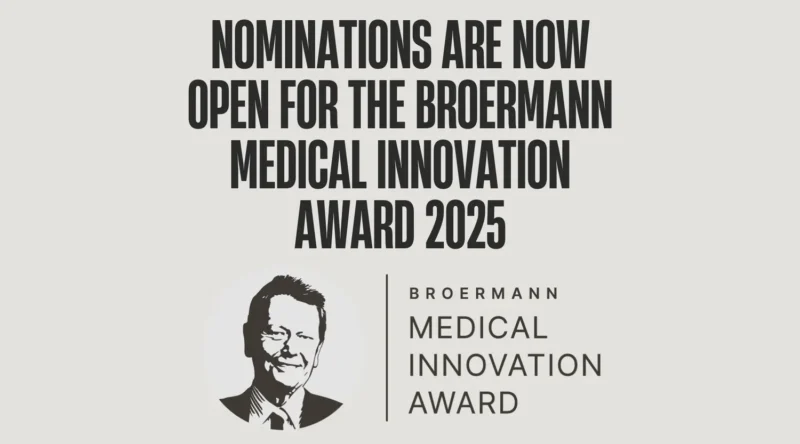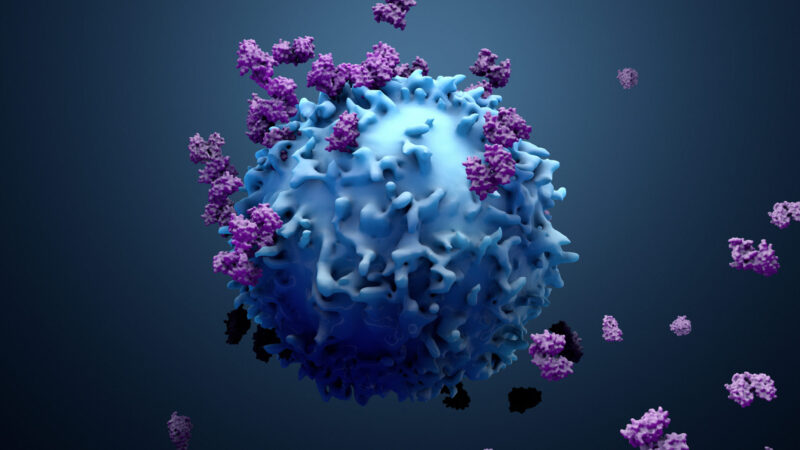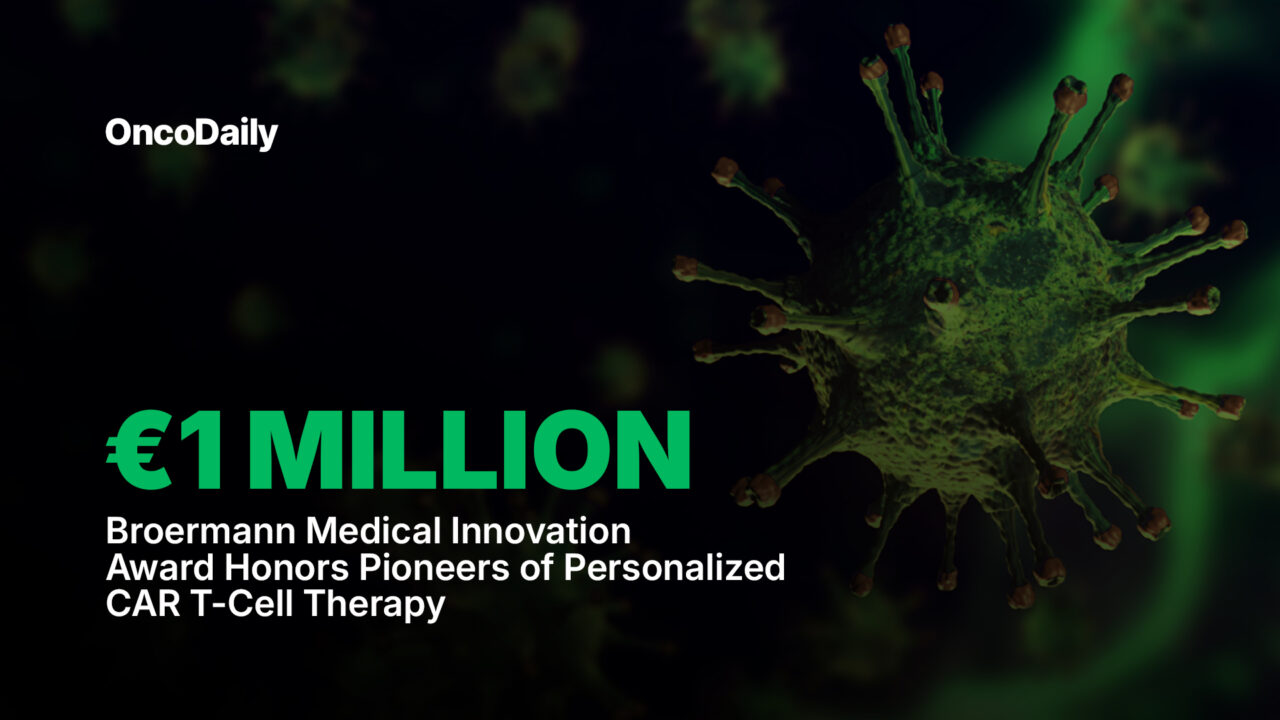The inaugural Broermann Medical Innovation Award has been granted to two trailblazers of modern immunotherapy — Carl June, MD, of the University of Pennsylvania, and Michel Sadelain, MD, PhD, of Columbia University — recognizing their transformative contributions to personalized CAR T-cell therapies. The annual €1 million prize celebrates translational research with demonstrated or high potential to improve patient care worldwide.
A Landmark Recognition for CAR T-Cell Innovation
More than 30 years ago, the idea of genetically engineering a patient’s own T cells to fight cancer was considered unrealistic, even “silly” by some in the scientific community. Today, CAR T-cell therapy has led to durable remissions for patients with leukemias, lymphomas, and multiple myeloma, reshaping the field of oncology.
June and Sadelain independently pioneered the scientific and clinical foundations of CAR T-cell therapy—work that has saved lives and opened new therapeutic frontiers.
“This award is a tribute to the entire collaboration and the many patients,” said June. Sadelain added that the recognition brings “pride and joy” to all who contributed to the field.
About the Broermann Medical Innovation Award
The prize was established in 2024 by Bernard große Broermann — lawyer, auditor, and founder of the Asklepios Clinics Group, one of Germany’s largest private hospital networks. Große Broermann, who passed away the same year, aimed to support innovations capable of fundamentally improving clinical care.
Unlike many science prizes that focus on basic discovery, this award emphasizes translational impact — research with proven or highly promising real-world benefit.
“It was absolutely vital for him to support initiatives that have an impact on what he saw in clinics every day,” said Corinna Larsen, Director of Operations for the award.

A Vision Rooted in Patient Care
Große Broermann’s career reflects a lifelong belief in tackling the causes of disease rather than managing symptoms. After beginning studies in medicine and chemistry, he later shifted to business and law, ultimately founding a healthcare network comprising more than 160 facilities across Germany.
The award continues his legacy by recognizing advances that address pressing medical challenges, whether in common diseases or rare conditions often overlooked by industry and academia.
Pioneering the CAR T-Cell Era
CAR T-cell therapy works by engineering a patient’s own T cells to express chimeric antigen receptors (CARs) — synthetic proteins that enable immune cells to recognize and destroy cancer cells.
Sadelain first coined the term “chimeric,” reflecting the combination of different molecular components used to construct the receptor. A crucial breakthrough was targeting CD19, a protein expressed on B cells and several blood cancers. This approach both boosted treatment effectiveness and reduced the risk of immune rejection.
Early experiments published in 2003 by Sadelain’s team demonstrated successful eradication of CD19-expressing tumors in mice. However, after the 2008 financial crisis, both groups struggled to secure funding for clinical translation.
Despite minimal resources, early clinical trials were launched around 2010. June’s first three patients with chronic lymphocytic leukemia and Sadelain’s five patients with acute lymphoblastic leukemia showed dramatic responses, with rapid and complete disappearance of cancer cells.
A Global Impact and New Frontiers
The award committee selected the two scientists for establishing a therapeutic paradigm that has reshaped hematologic oncology and continues to evolve rapidly.
Today, CAR T-cell therapies are also being explored in autoimmune diseases, an emerging area generating what Sadelain describes as a “second tsunami” of promising results.
June plans to use the prize funds to support international exchange students. Sadelain intends to celebrate with collaborators before deciding on long-term plans.
“These are long and risky paths, but also incredibly rewarding,” Sadelain said, highlighting the importance of supporting young scientists committed to translational research.
Next-Generation CAR T Cells Could Expand Solid Cancer Treatment Options

akadeum.com
Nominations for the 2026 Award
Nominations for the next Broermann Medical Innovation Award close on 1 March 2026.
Written by Nare Hovhannisyan, MD


